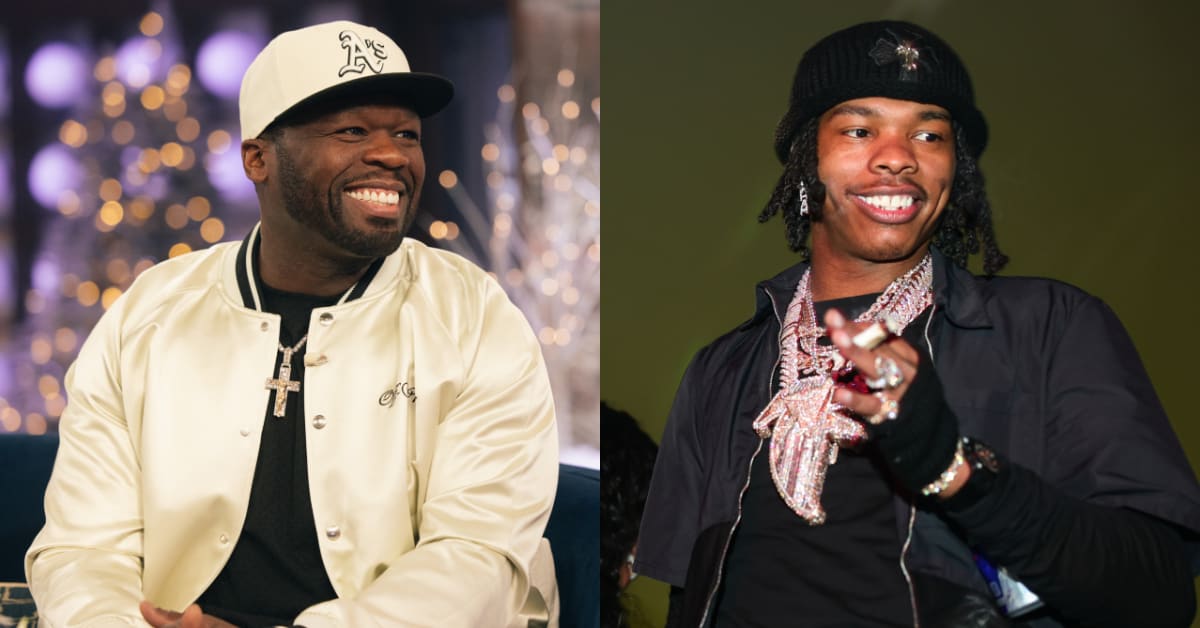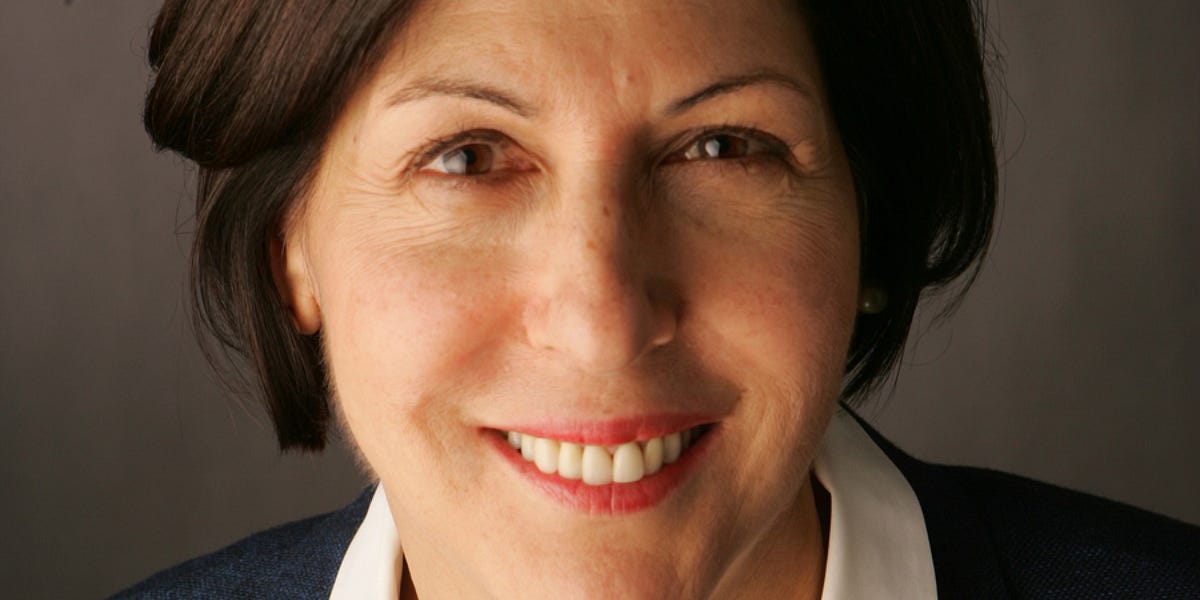World
At BRICS summit, Russia tries to build a world without the US

As the BRICS Plus economic bloc finished a three-day summit in Kazan, Russia, on Thursday, it’s hard to overstate the rapidly growing group’s potential to change the global conversation about geopolitical governance and economic development, and even to redistribute power.
Russian President Vladimir Putin, the group’s current chair, declared Thursday that a new multipolar world order is taking shape before our eyes. Russia, Iran, and, to a lesser extent, China would particularly like to see rapid movement toward alternative banking networks that are completely sanctions-proof.
Why We Wrote This
Russia has long aspired to use the BRICS bloc of countries to circumvent the U.S.-dominated global economic system. The group’s latest meeting shows how much progress Russia has made – and how other BRICS members keep that goal from being fully realized.
But while the Kazan meeting made steps that way, it is not a goal that much interests big members of the group such as India and Brazil. And most of the BRICS members quietly declined to join in any sharp condemnation of the West.
The elephant in the room is Russia’s war in Ukraine, which the bloc stressed must be resolved by diplomatic means in accordance with the principles of the United Nations Charter.
“All the BRICS Plus countries feel that the war should be ended as soon as possible,” says international relations expert Dmitry Suslov. “But while they don’t want to see Russia suffer a strategic defeat, they are not necessarily in favor of Russian victory.”
As the BRICS Plus economic bloc finished a three-day summit in Kazan, Russia, on Thursday, it’s hard to overstate the rapidly growing group’s potential to change the global conversation about geopolitical governance and economic development, and even to redistribute power.
BRICS has nearly doubled its membership in the past year, with dozens of countries from the Global South queued up to join. Russian President Vladimir Putin, the group’s current chair, declared Thursday that a new multipolar world order is taking shape before our eyes.
For Russia in particular, it represents an alternative vehicle for diplomatic influence and economic survival after being frozen out of relations with the West under an intense barrage of sanctions. Indeed, the meeting in Kazan made major elements of Russia’s foreign policy agenda look almost mainstream.
Why We Wrote This
Russia has long aspired to use the BRICS bloc of countries to circumvent the U.S.-dominated global economic system. The group’s latest meeting shows how much progress Russia has made – and how other BRICS members keep that goal from being fully realized.
But it also illustrated severe limitations that Moscow may face. Most of the BRICS members quietly declined to join in any sharp condemnation of the West, or to support any comprehensive efforts to build a full-scale alternative to the existing global system.
Challenging the current world order?
BRICS currently has nine members – Brazil, Russia, India, China, and South Africa, plus new additions Egypt, Ethiopia, Iran, and the United Arab Emirates. Thirty-six world leaders, including United Nations Secretary-General António Guterres, attended the Kazan summit. Most held intimate sideline chats with Mr. Putin and other participants.
The bloc issued a 43-page consensus statement, called the Kazan Declaration, that stakes out demands for reform of key global institutions, including the U.N. Security Council, the International Monetary Fund, and the Group of 20 leading rich and developing nations.
More concerning for backers of the current Western-led order, it roundly denounces the “disruptive effects” of “illegal sanctions” on the world economy. It also puts in place what might be seen as at least the beginnings of an alternative architecture for finance and trade between group members and partners that would avoid the use of the U.S. dollar. It further establishes a development bank to provide funding for economic development on a more equitable basis than is available in the current financial system.
“What is driving the growth of the BRICS Plus is, first, the dissatisfaction of many countries with the U.S.-dominated world order. People are tired of the weaponization of the U.S. dollar, and there is a general sense that the U.S. order is rigged to benefit mainly Western interests,” says Dmitry Suslov, an international relations expert with the Higher School of Economics in Moscow.
He adds that BRICS is viewed as an enabler of change toward a system that embodies “multipolarity without hegemony.” Though the two dozen or more countries that are seeking to join the group are extremely diverse – in some cases they are literally enemies – on issues of global governance, he insists, they are of the same mind.
Negotiating deals, and peace
For Mr. Putin, the immediate and most obvious benefit of the Kazan summit is that it provided a convincing demonstration that, despite concerted efforts from the West, Russia is not isolated – a message not lost on the Western media. The countries of BRICS and the Global South already provide an economic lifeline to sanctions-hit Russia, by buying its energy and providing it with a range of goods that can no longer be directly obtained from the West.
But what Russia, sanctions-battered Iran, and, to a lesser extent, China would like to see is rapid movement toward alternative payment systems and banking networks that are completely sanctions-proof. Such a plan could culminate in the development of a BRICS currency that could fully compete with the U.S. dollar and euro as a means of payment and savings accumulation. That’s a tall order, and not one that much interests big members of the group such as India and Brazil.
Still, most countries of the Global South and East seem amenable to using national currencies and other means of payment that avoid the dollar, says Irina Yarygina, a banking expert with MGIMO, a university associated with the Russian Foreign Ministry. She says that dollar transactions among BRICS-associated countries have been reduced to just 38% of the total in recent years.
“Most payments now are on the basis of various national currencies, through national payment systems and central banks of member states,” she says. “Sanctions gave a new impulse, created new challenges and incentives to use traditional payment systems,” instead of U.S. dollar transactions through Western banks.
For the time being, BRICS is little more than a “discussion club” about big goals such as creating an alternative global currency, says Alexander Ignatov, an expert on international institutions with the Russian Presidential Academy of National Economy and Public Administration in Moscow.
“Global trade is measured in U.S. dollars for a lot of good reasons,” he says. “Creating a full-fledged new structure would be extremely complex and expensive. … Countries like Russia and Iran need an alternative; for them using national currencies is a tactical solution, not a strategic one.” But other countries like Brazil trade within the group mainly with China, and have no such immediate need.
Some analysts say the constructive atmosphere of the BRICS association can be a catalyst for peace, since members and aspiring members will seek to resolve differences in order to maximize the benefits of membership.
At the Kazan summit, China and India finalized a deal to normalize relations along their disputed border, sealed in a handshake between Indian Prime Minister Narendra Modi and Chinese leader Xi Jinping. Similarly, a sideline meeting between Armenian Prime Minister Nikol Pashinyan and Azerbaijani President Ilham Aliyev, both aspirants to join BRICS, raised hopes that a final peace treaty between the two warring states might be imminent.
Not necessarily to Russia’s benefit
But the elephant in the room is Russia’s war in Ukraine, which the Kazan Declaration stresses must be resolved by diplomatic means in accordance with the principles of the U.N. Charter and hints at possibilities for mediation. That is not language that would have been chosen by Russia, though Mr. Putin has in the past explicitly invited countries like India, Brazil, and China to propose terms of mediation.
“All the BRICS Plus countries feel that the war should be ended as soon as possible. But while they don’t want to see Russia suffer a strategic defeat, they are not necessarily in favor of Russian victory,” says Mr. Suslov. “The point they all agree on is that the fundamental reasons for the war should be addressed, including issues like NATO enlargement.”
Most experts agree that despite the triumphal mood in Kazan, BRICS is still a work in progress that needs to demonstrate its potential, even as it deals with a deluge of new membership applications.
“On political questions, such as setting new rules, the BRICS needs to project feasible alternatives to the system the West has created,” says Mr. Ignatov. “Everyone wants to see a road map for BRICS Plus to expand and develop in coming years.”











